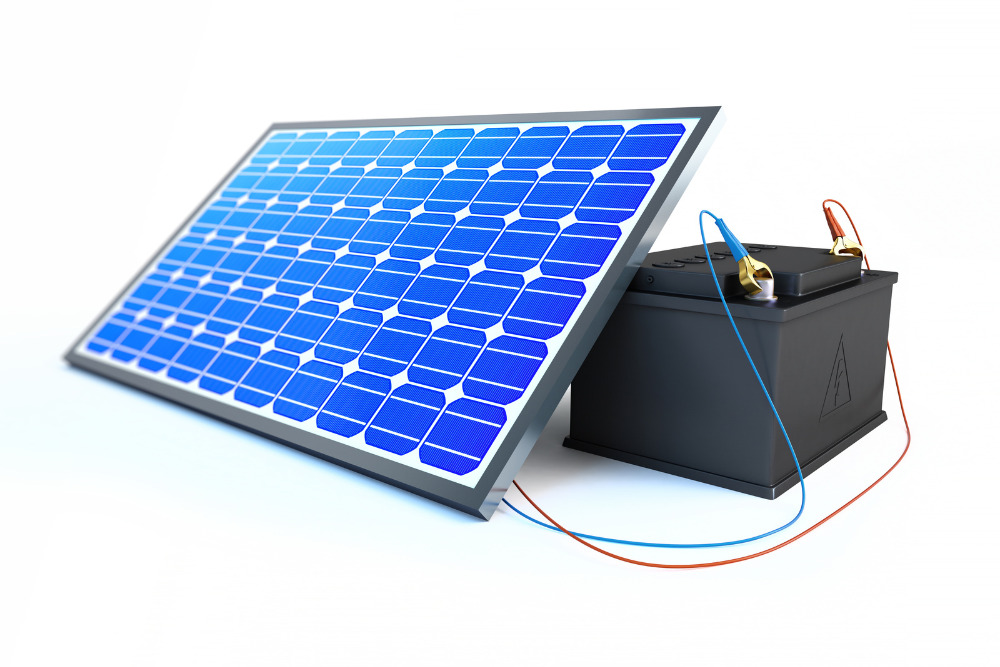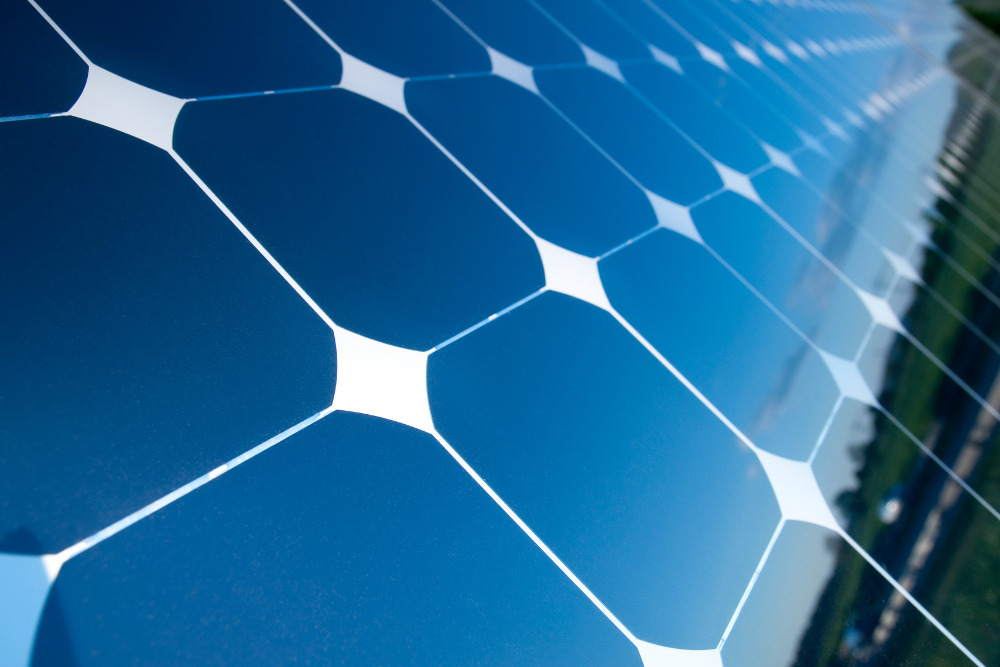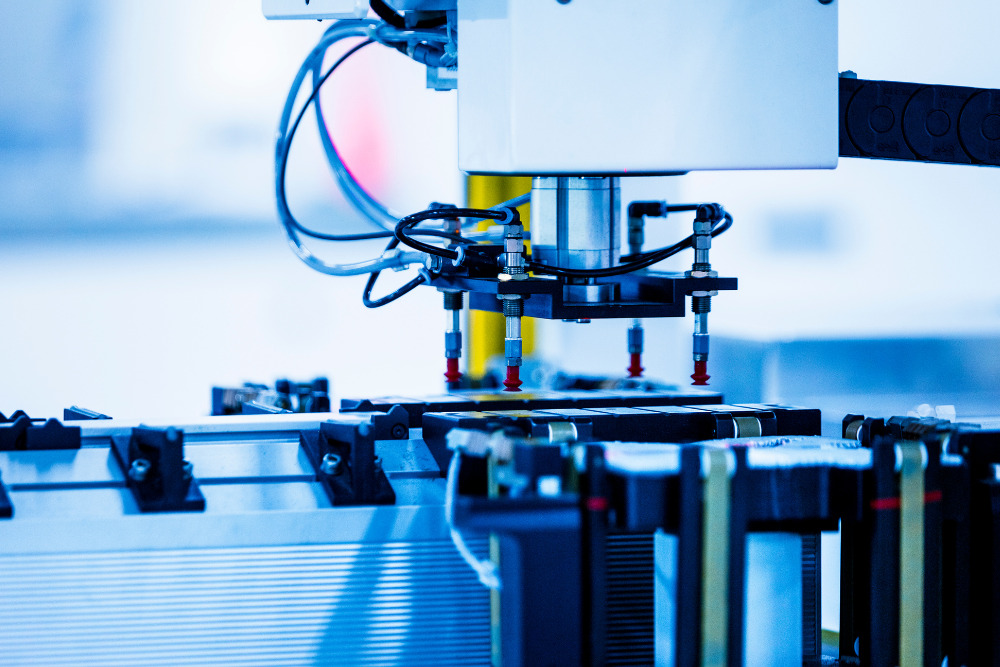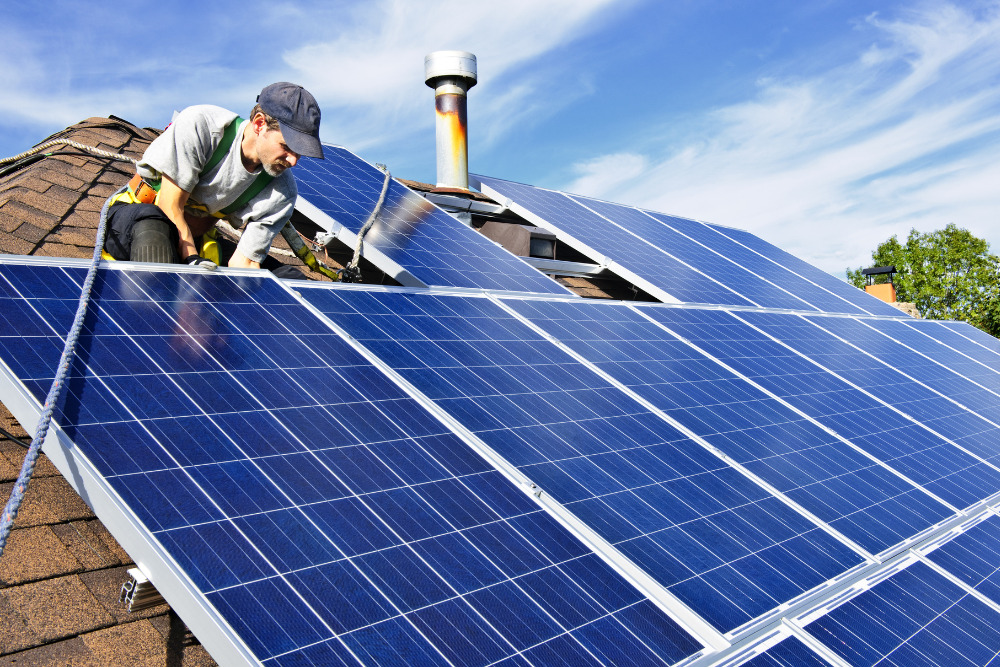
The industry standard is that solar panels have a life expectancy of around 25 to 30 years. However, some early solar panel systems installed in the 1980s are still operational today.
Before making a large investment in solar energy systems, it's important for homeowners to understand the lifespan of residential solar panels and their long-term durability.
This article delves into the questions on many homeowners' minds like, "How long do solar panels actually last?" Or, “Do solar panels degrade over time?” We will explore the factors influencing their longevity, maintenance requirements, and the overall lifespan you can expect from photovoltaic modules.
What Is The Average Lifespan Of Solar Panels?
The industry standard and the general expectation is that solar panels have a life expectancy of around 25 to 30 years.
It's worth noting that some early solar panel systems installed in the 1980s are still operational today. This longevity can be attributed to the durability of the materials used in their construction and advancements in solar technology over the years.
Factors such as proper maintenance, environmental conditions, and panel quality also influence the lifespan of solar panels.
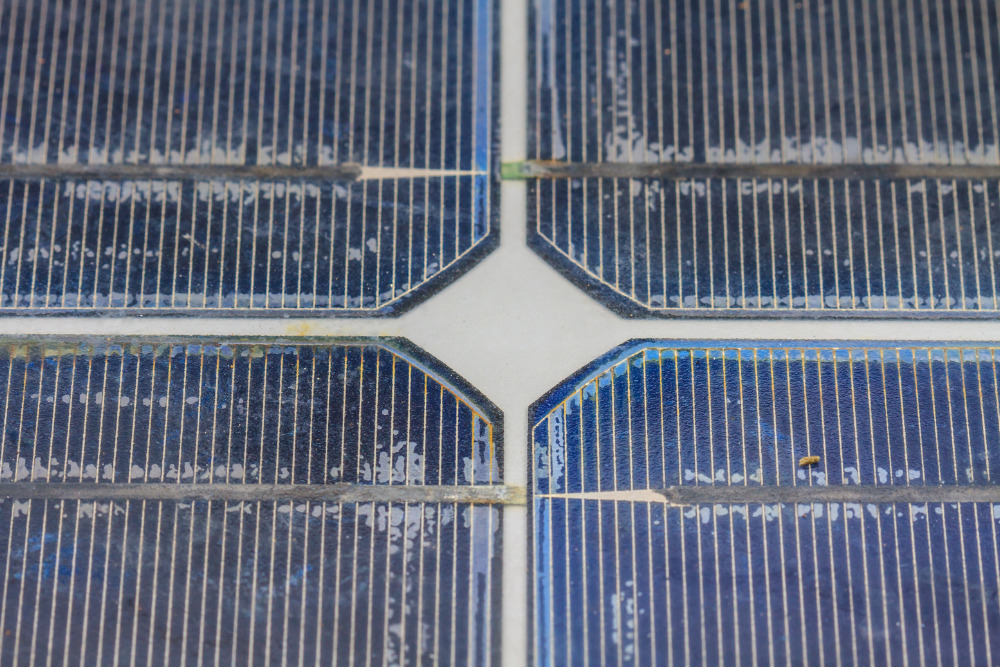
What Type Of Solar Panel Lasts The Longest?
Monocrystalline solar panels have a longer lifespan compared to polycrystalline panels.
The reason for their extended durability lies in their construction. Monocrystalline panels are made from a single crystal of silicon, which enhances their structural integrity and makes them less prone to cracking or breaking. Monocrystalline panels are also more efficient, which means their energy output won’t decrease as much over the years.
What Factors Affect Solar Panel Lifespan?
Several factors play a role in determining the lifespan of solar panels:
Quality of panels: High-quality panels from reputable solar providers are typically designed to withstand the test of time and offer a longer lifespan.
Climate: Extreme weather conditions, such as hail, heavy snow, or intense heat, may pose challenges to the panels' durability.
Maintenance: Regular maintenance checks are essential for promptly identifying and addressing any issues. External factors like tree branches or debris affect the panels if they shade or physically damage them.
How To Maintain Solar Panels To Make Them Last Longer
Follow these recommended practices to maintain solar panels and extend their lifespan:
Clean the solar panels at least once a year (more in climates with a lot of salt, sand, or air pollution) to remove any dirt, leaves, or debris that may accumulate and block sunlight. This can be done using a soft brush, sponge, or hose with a gentle stream of water. Follow manufacturer guidelines and avoid using chemicals or abrasive materials or that could damage the panels. If you cannot safely access the panels, hire a professional. Your original installer should be able to make a recommendation.
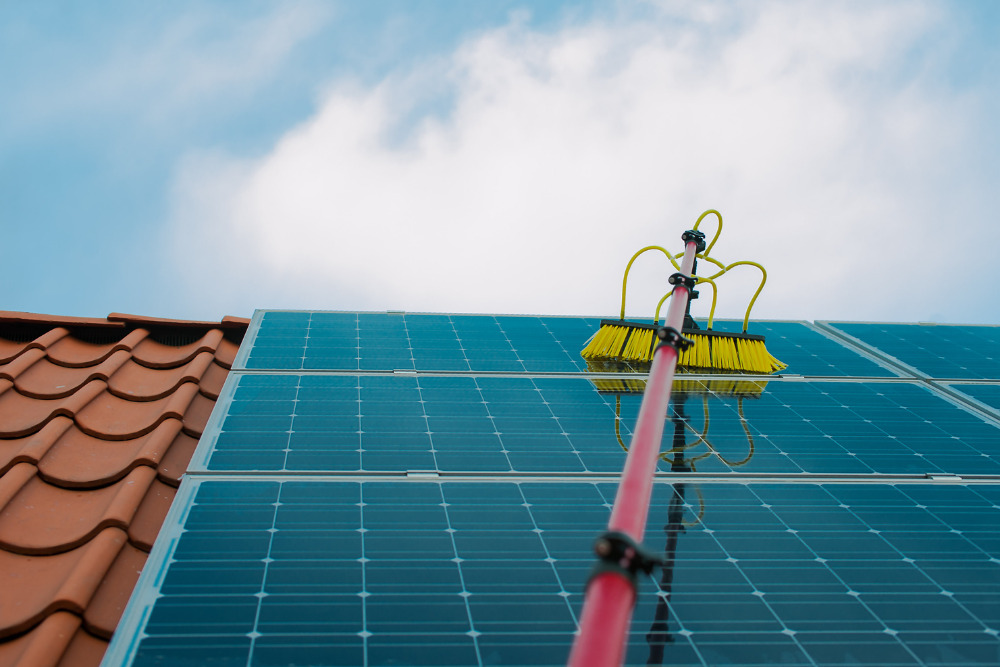
Conduct periodic DIY inspections of the solar panels to identify any signs of damage. Look for cracks, chips, or broken glass on the surface. Additionally, check for loose connections or wiring issues. Promptly address any identified damage by contacting a professional solar panel technician or installer for repairs.
Have the solar panels professionally inspected every few years. Professional reviews allow for a thorough assessment of the system's overall performance and condition. These inspections may include checking the electrical connections, testing the panel efficiency, and evaluating the integrity of mounting systems. Trained technicians can carry out any necessary repairs or maintenance during these inspections.
How Efficient Are Solar Panels After 20 Years? 30 Years?
Solar panel degradation rate refers to the gradual decrease in power output as the panels age. According to the National Renewable Energy Laboratory (NREL), the average degradation rate is approximately 0.5% annually.
As a result, a solar panel that initially operates at 100% upon installation will typically be around 95% after 20 years and approximately 90% after 30 years of operation.
The original output of a solar panel is determined by the amount of sunlight it receives and the efficiency of its photovoltaic cells. Over time, solar panels experience a gradual decrease in efficiency.
Even with this gradual decline in efficiency, many solar panel installations continue to produce clean energy well beyond the warranty period.
What Do Solar Panel Warranties Cover?
A warranty ensures that the solar panels maintain a certain power output level during the warranty period. Repair or replacement will be made due to defects, equipment failure, or environment factors that affect a panel’s energy production.
Most reputable solar panel manufacturers offer a warranty for their products, typically ranging from 10-12 years, though some offer premium warranties. For instance, SunPower, a renowned solar company with years of experience in the solar industry, provides an impressive 25-year warranty on its high-quality panels.
It’s important to note that most solar panels do not cover damage from hail, high winds, or fallen trees. That damage would typically be covered by homeowners insurance. Always read your warranty carefully and notify your insurance company of your plans to install solar panels.
Other solar power system components, such as solar inverters, racking systems, and solar batteries, have their own warranties and life expectancies. Inverters, which convert the direct current (DC) generated by the solar cells into alternating current (AC) for use in homes, typically come with warranties ranging from 10 to 25 years. Racking systems, which provide support and stability to the solar panels, often have warranties of around 10 to 20 years.
Also look for a solar installer that provides a warranty on the installation. Loose mounting hardware or electrical connections should be addressed with the installer, not the panel manufacturer.
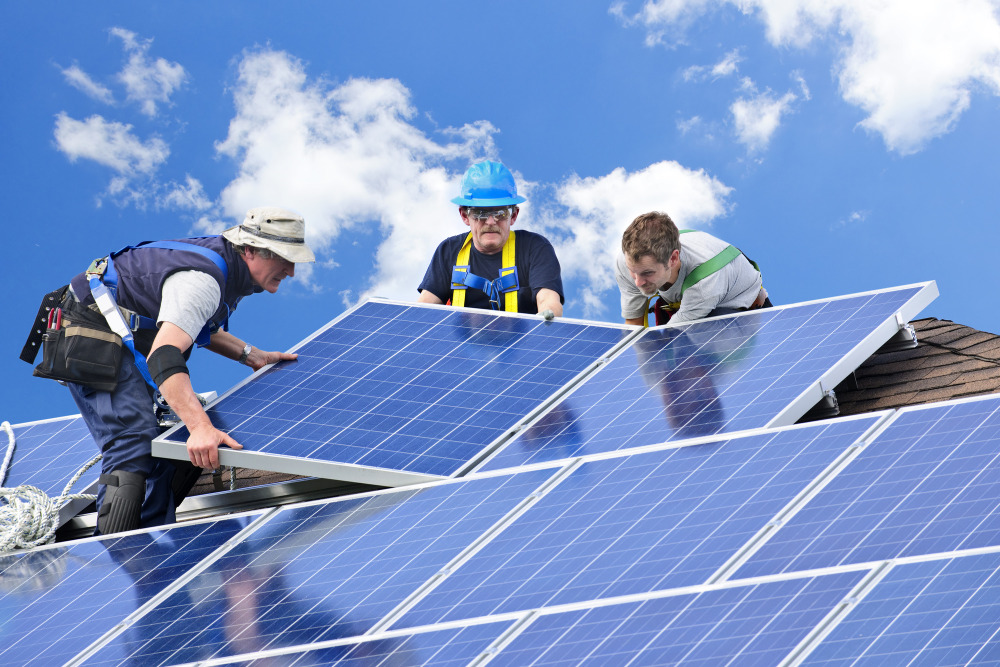
How To Know It’s Time To Replace Your Solar Panels
Signs it’s time to replace your solar panels include:
- Substantial decline in energy production that’s no longer meeting your energy needs
- Significant damage, such as cracks, broken glass, or extensive wear and tear
However, if your panels are still functioning well and meeting your energy requirements, replacement is not necessary. Consulting with a professional solar installer can help you determine if replacement is necessary.
What Happens When Solar Panels Are No Longer Efficient?
When solar panels no longer meet a household's energy needs, homeowners must supplement their electricity supply with power from the utility grid, which results in higher electric bills.
At this point, you'll want to meet with a solar installer to learn about the latest solar cell technology and see if it makes sense to replace some, or all, of your panels.
How Much Does It Cost To Replace Solar Panels?
The average cost of solar panel replacement is $752, but this ranges from $211 to $1,304, depending on the type of panel you choose.
The cost of a new solar system ranges from $5,400 to $18,000, with installation costs ranging from $6,600 to $22,800. The federal solar tax credit offsets the upfront price of a new solar system by 30% of the total costs, and other state and local incentives may be available.
Your installer should be aware of all financial incentives available in your area.
By replacing only the panels that require replacement, homeowners can save money while still maintaining the functionality of their solar energy system. Replacing all the solar panels at once is only necessary if they are all damaged or experiencing significant efficiency issues.
In most cases, installers will recommend you replace your solar panels in pairs to maintain the system's output consistency and avoid potential issues arising from mismatched panels.
